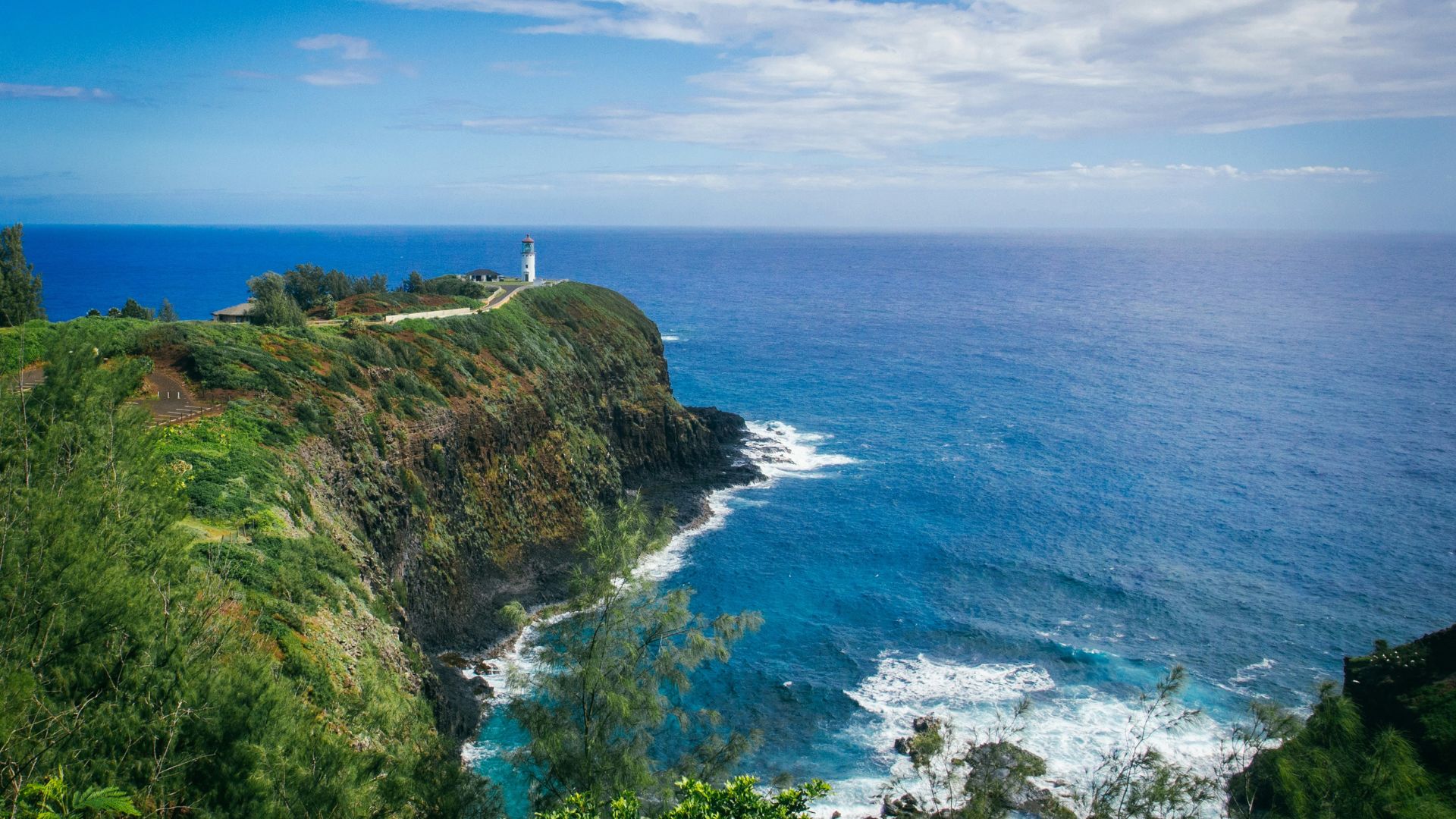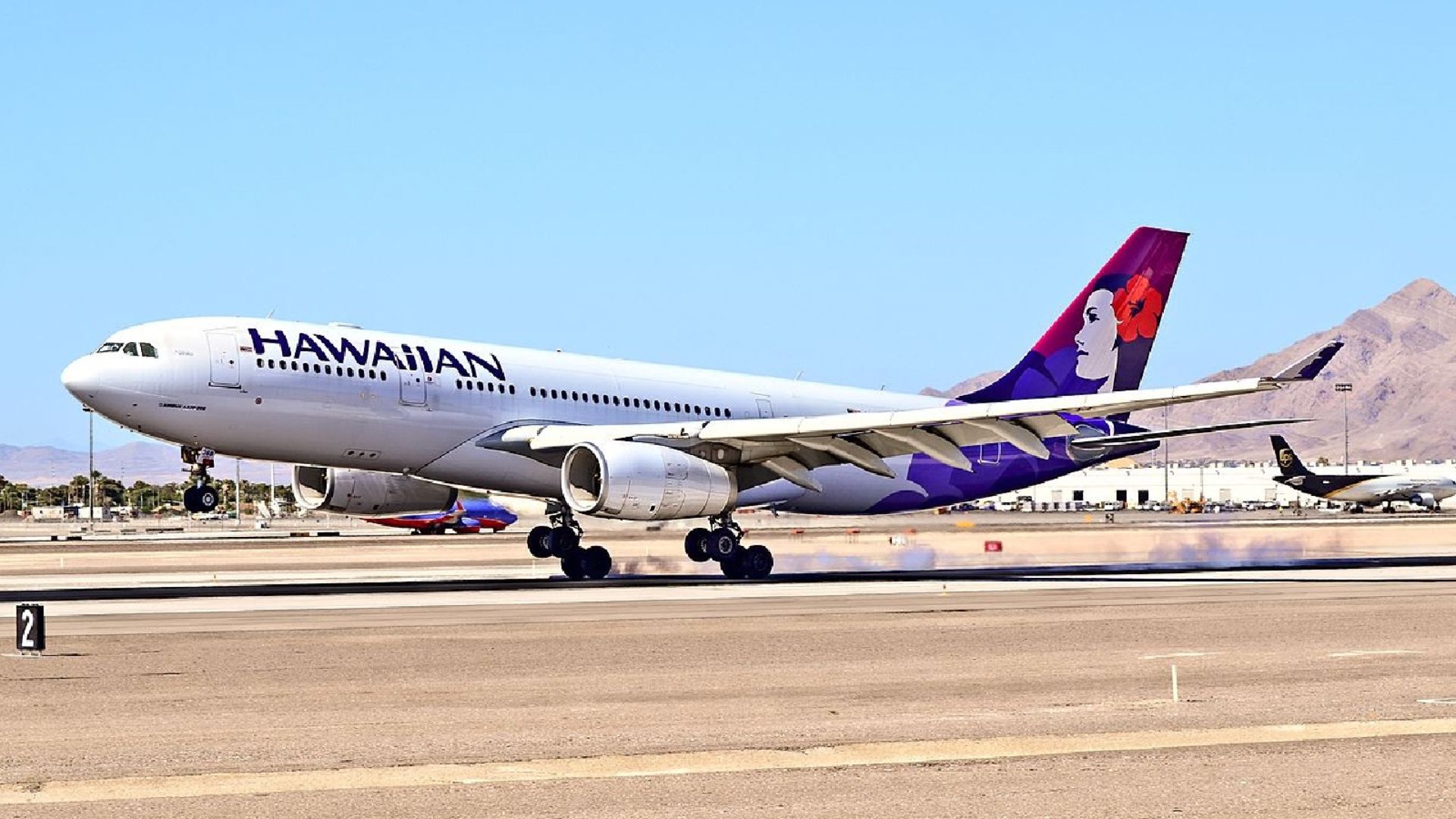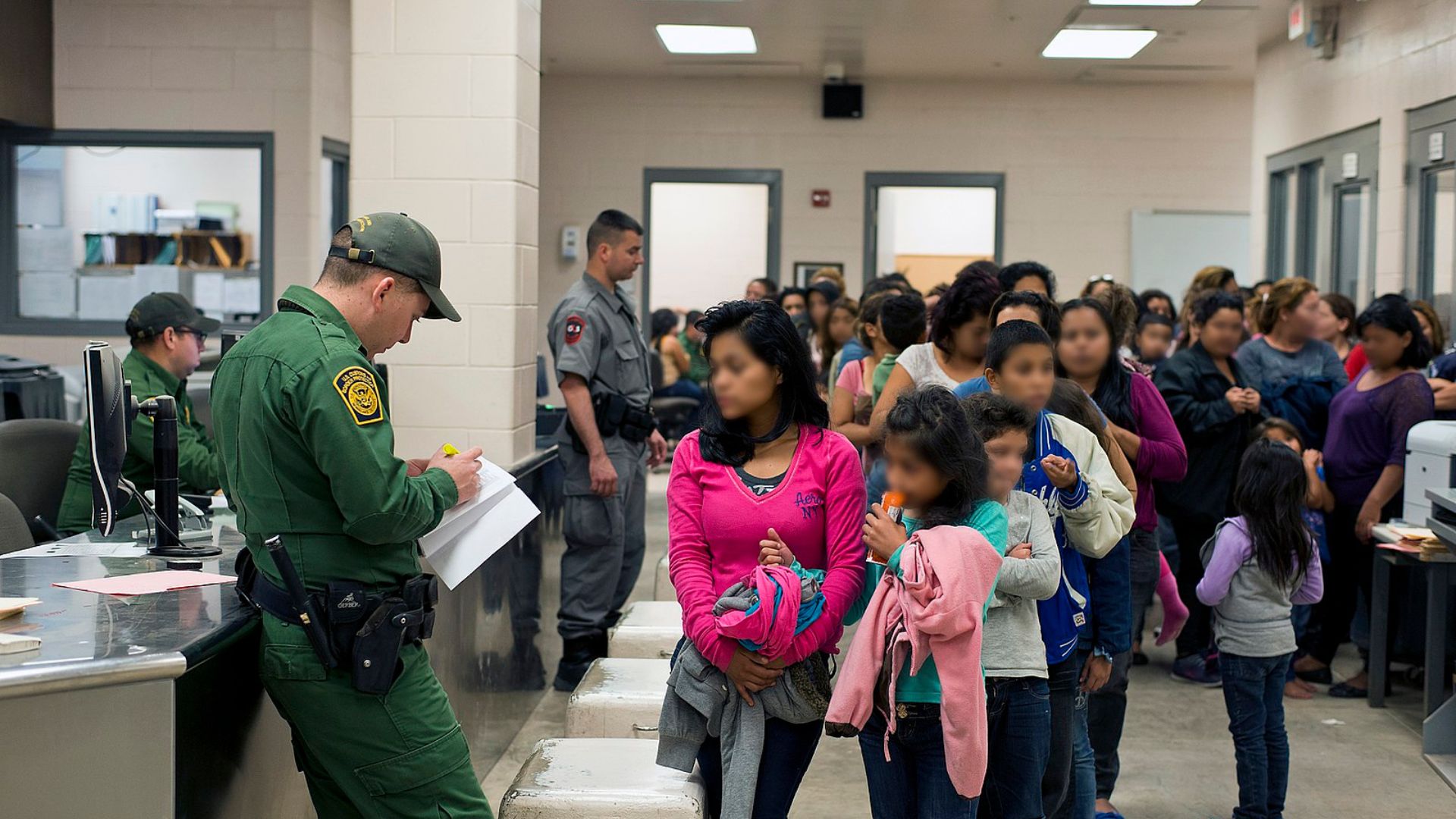An investigation conducted by The Boston Herald has revealed that welfare recipients in Massachusetts have been using taxpayer-funded resources while vacationing in tropical and far-off destinations.
Public records indicated that Electronic Benefit Transfer (EBT) cards were utilized in places like Hawaii, the Virgin Islands, Puerto Rico, and several states across the country, including California, Florida, and Alaska.
Use of EBT Cards in Various Locations

The report outlined that these EBT cards, funded by federal and state dollars, were used in multiple vacation spots. In Fiscal Year 2024 alone, Massachusetts distributed over $3 billion through this program.
Among the notable destinations where funds were spent were Hawaii, California, Florida, and even Alaska, raising concerns about the legitimacy of these expenses.
EBT Usage in Hawaii

Hawaii saw significant usage of these taxpayer-funded cards, with 32 recorded transactions. The most substantial charge amounted to $378, made in March on the island of Maui.
Other Hawaiian destinations, including Hilo, a location famous for its rainforests and waterfalls, saw expenditures of $351.
Additional Spending in Hawaiian Cities

Beyond Maui and Hilo, public records revealed that EBT funds were also used in Honolulu, Pearl City, Princeville, Waikoloa, and Captain Cook, all popular tourist spots in Hawaii.
This widespread spending raised eyebrows, particularly because these funds are intended to support basic living needs, not vacations.
Nationwide Use of EBT Funds

Massachusetts’ EBT funds were not limited to tropical destinations. According to the report, welfare recipients used their benefits in almost every U.S. state, including 165 cities and towns in California and 293 locations in Florida.
This broad geographical spread further questioned how welfare funds were being monitored.
EBT Usage in Virgin Islands and Alaska

EBT cards were also used in U.S. territories like the Virgin Islands, as well as in Alaska. In Alaska alone, over a dozen transactions were recorded, with one charge in Anchorage amounting to $395.
The report continued to reveal that taxpayer money was being spent far from Massachusetts.
Reaction from State Senator

Republican State Senator Ryan Fattman expressed outrage over these findings, labeling them “insanity and government at its worst.”
He criticized the misuse of funds, arguing that the money was meant to help feed struggling families in Massachusetts, not fund trips to distant destinations like Hawaii.
EBT Restrictions and Travel Regulations

Despite these reports, there are restrictions on how EBT funds can be used. Massachusetts law prohibits EBT cardholders from purchasing alcohol, firearms, ammunition, recreational drugs, gambling, or lottery tickets.
The state’s Department of Transitional Assistance (DTA) also requires recipients to seek approval for any travel, or they risk having their benefits terminated.
DTA’s Defense of the System

In response to the findings, the DTA clarified the regulations governing EBT usage. They emphasized that public assistance is meant to meet the basic needs of those living at or below 200 percent of the federal poverty level.
They also stated that out-of-state EBT use requires approved temporary absences, or individuals could lose their benefits for not maintaining Massachusetts residency.
Welfare Assistance Over the Past Three Years

According to the Herald’s report, over $11 billion in food and economic assistance has been provided to eligible Massachusetts residents in the last three fiscal years.
These funds are meant to ensure that low-income individuals and families have access to essential goods and services, but their use in distant locations raises serious concerns.
Massachusetts’ Status as a Sanctuary State

Massachusetts’ policies as a sanctuary state allow undocumented migrants to access welfare programs, further complicating the issue.
Since 2021, approximately 50,000 illegal immigrants have entered the state, gaining access to these benefits, including EBT funds, despite their non-resident status.
The Migrant Crisis’ Financial Impact

A separate report from the Center for Immigration Studies projected that Massachusetts’ migrant crisis will cost taxpayers an additional $1.8 billion over the next two years.
Migrants have access to various public services, such as food stamps from the Supplemental Nutrition Assistance Program (SNAP), Temporary Assistance to Needy Families (TANF), and Medicaid, even though federal laws generally limit their eligibility.








































